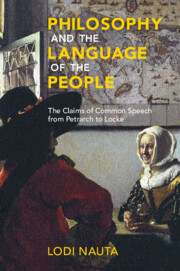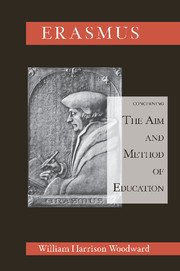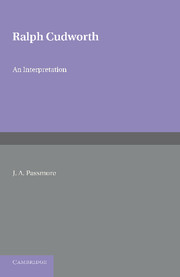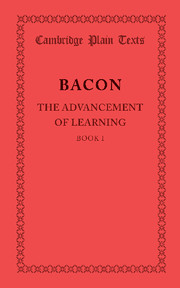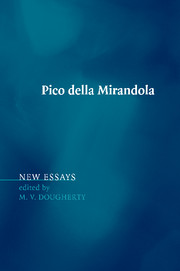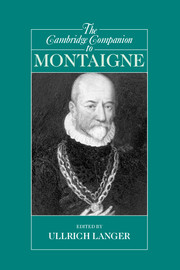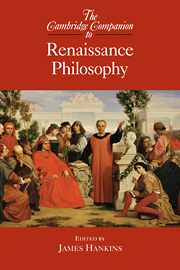Philosophy and the Language of the People
The Claims of Common Speech from Petrarch to Locke
£18.99
- Author: Lodi Nauta, Rijksuniversiteit Groningen, The Netherlands
- Date Published: April 2024
- availability: Available
- format: Paperback
- isbn: 9781108994118
£
18.99
Paperback
Other available formats:
Hardback, eBook
Looking for an inspection copy?
This title is not currently available on inspection
-
Which language should philosophers use: technical or common language? In a book as important for intellectual historians as it is for philosophers, Lodi Nauta addresses a vital question which still has resonance today: is the discipline of philosophy assisted or disadvantaged by employing a special vocabulary? By the Middle Ages philosophy had become a highly technical discipline, with its own lexicon and methods. The Renaissance humanist critique of this specialised language has been dismissed as philosophically superficial, but the author demonstrates that it makes a crucial point: it is through the misuse of language that philosophical problems arise. He charts the influence of this critique on early modern philosophers, including Hobbes and Locke, and shows how it led to the downfall of medieval Aristotelianism and the gradual democratization of language and knowledge. His book will be essential reading for anyone interested in the transition from medieval to modern philosophy.
Read more- Provides a clear and comprehensive analysis of a fundamental, yet underexplored feature of the transition from medieval to early-modern thought
- Shows the philosophical significance of the humanist and early-modern critique of language
- Sheds light on current debates about the benefits and drawbacks of technical language in philosophy
Reviews & endorsements
'Nauta is among the most distinguished historians of philosophy today. His study breaks new ground by concentrating on a vital issue in the early modern rivalry between humanism and scholasticism which still has great resonance in modern academe: the advantages and disadvantages that accrue to philosophy, or any professionalized study, from employing a special technical vocabulary to discuss philosophical problems.' James Hankins, Harvard University
See more reviews'This book is a great and inspiring tour d'horizon into philosophical reflection on the use of language – and, consequently, on linguistic practice – from the emergence of Renaissance humanism to major thinkers such as Hobbes and Locke. The author invites us into his novel and fascinating story of the genesis of Renaissance and Early Modern (and even contemporary) philosophy.' Jan Papy, Catholic University of Leuven
Customer reviews
Not yet reviewed
Be the first to review
Review was not posted due to profanity
×Product details
- Date Published: April 2024
- format: Paperback
- isbn: 9781108994118
- length: 281 pages
- dimensions: 229 x 152 x 15 mm
- weight: 0.412kg
- availability: Available
Table of Contents
Introduction
1. Early Humanist Critics of Scholastic Language: Francesco Petrarca and Leonardo Bruni
2. From a Linguistic Point of View: Lorenzo Valla's Critique of Aristotelian-Scholastic Philosophy
3. Giovanni Pontano on Language, Meaning, and Grammar
4. Juan Luis Vives on Language, Knowledge, and the Topics
5. Anti-Essentialism and the Rhetoricization of Knowledge: Mario Nizolio's Humanist Attack on Universals
6. Skepticism and the Critique of Language in Francisco Sanches
7. Thomas Hobbes and the Rhetoric of Common Language
8. Between Private Signification and Common Use: Locke on Ideas, Words, and the Social Dimension of Language
Conclusion.
Sorry, this resource is locked
Please register or sign in to request access. If you are having problems accessing these resources please email [email protected]
Register Sign in» Proceed
You are now leaving the Cambridge University Press website. Your eBook purchase and download will be completed by our partner www.ebooks.com. Please see the permission section of the www.ebooks.com catalogue page for details of the print & copy limits on our eBooks.
Continue ×Are you sure you want to delete your account?
This cannot be undone.
Thank you for your feedback which will help us improve our service.
If you requested a response, we will make sure to get back to you shortly.
×
